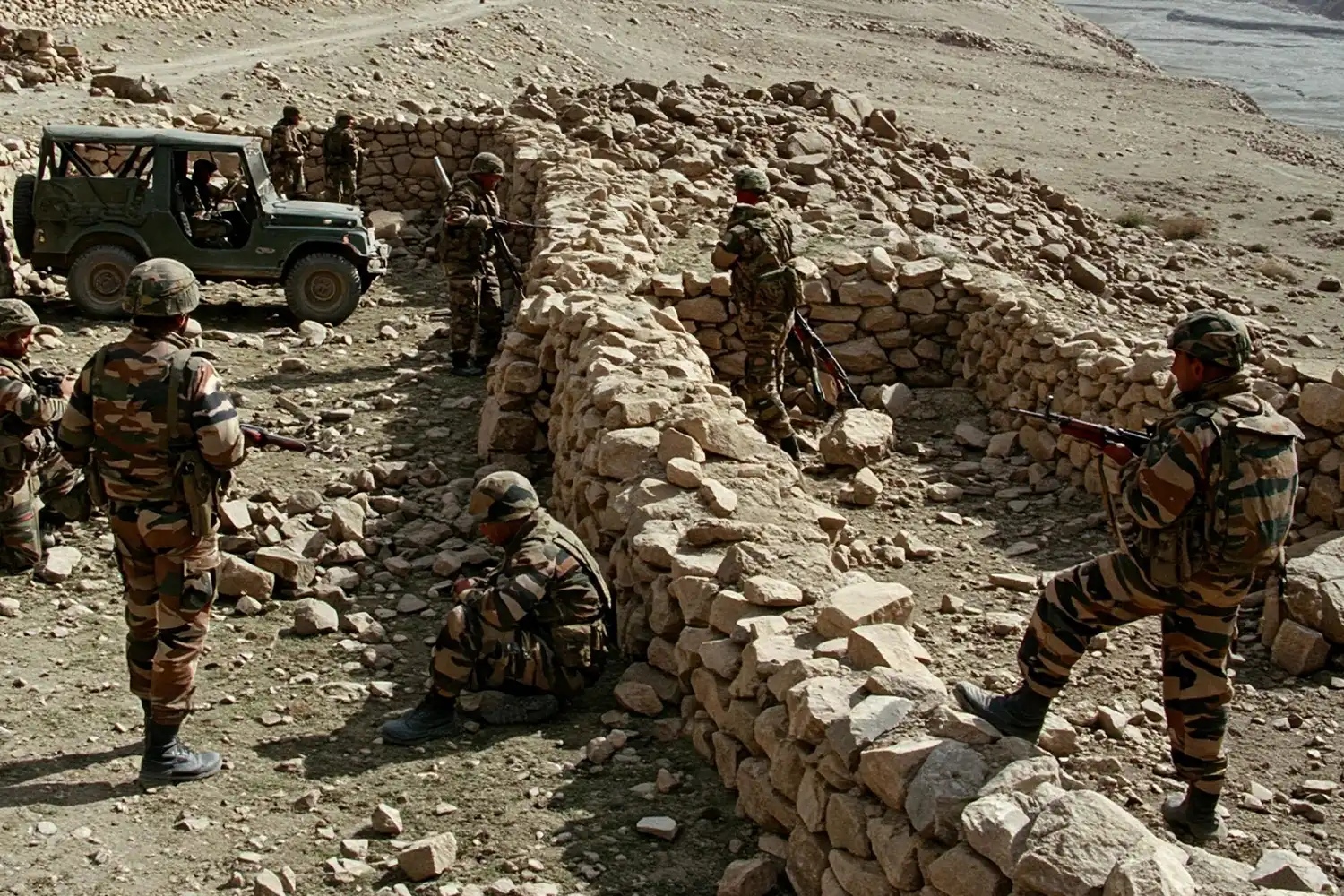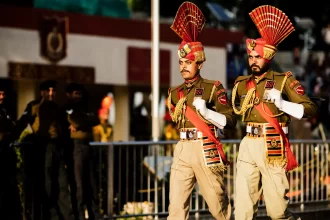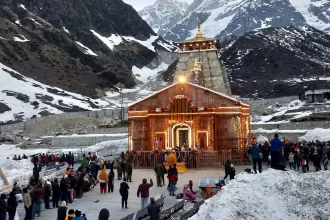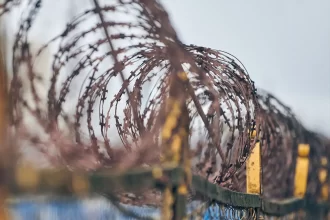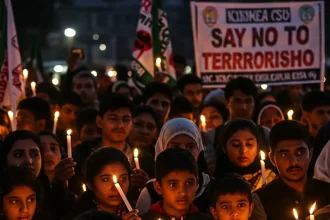The Shimla Agreement of July 2, 1972, between India and Pakistan remains a cornerstone of the bilateral relationship between the two nations. However, the recent past developments, such as the April 22, 2025, Pahalgam terror attack, again questioned Pakistan’s compliance with The Shimla Agreement. The massacre that took 26 lives, all of which belonged to tourists, has led to the indication of the breach by Pakistan of this ancient treaty that was made.
Understanding The Shimla Agreement
The Shimla Agreement was negotiated following the 1971 Indo-Pak War, which gave birth to Bangladesh. Indian Prime Minister Indira Gandhi and Pakistani President Zulfikar Ali Bhutto exchanged treaties in Shimla to settle down and normalize relations. The Shimla Agreement set some of the most important principles between the two nations, demanding that they resolve issues bilaterally, without considering a third party, and would not resort to the use of force to alter the Line of Control (LoC) in Jammu and Kashmir. It also asked each other to respect their sovereignty and territorial integrity in an attempt to create lasting peace.
Perhaps the most significant outcome of The Shimla Agreement was the establishing of the ceasefire line as the LoC and both countries agreed to hold it. The agreement was a diplomatic initiative towards ensuring no future wars and encouraging dialogue, and thus, The Shimla Agreement is an important document in India-Pakistan relations. Implementation has been plagued with issues, however, for the most part due to the actions of Pakistan over the years.
Principal Violations of The Shimla Agreement by Pakistan
Pakistan continuously violated The Shimla Agreement, prejudicing its very provisions. The first such violation occurred in the 1980s when Pakistan started supporting insurgency in Kashmir and training and equipping the militants. This contravened The Shimla Agreement’s non-interference provision and settling disputes by peaceful means that had accumulated between the two countries. By the late 1980s, violence was on the rise in the Kashmir Valley as groups such as Lashkar-e-Taiba, allegedly sponsored by Pakistan, attacked civilians and security personnel.
The 1999 Kargil War is yet another grave breach of The Shimla Agreement. Pakistani military and militants had crossed the LoC, seizing strategic positions in Kargil, Jammu and Kashmir. This aggression defied the stipulation of The Shimla Agreement to maintain the sanctity of the LoC and did not resort to the employment of force. India retaliated with Operation Vijay to reclaim the territory, where both sides suffered heavy losses. The conflict attracted international criticism, with the majority condemning Pakistan for its breach of The Shimla Agreement.
Recent Tensions and The Shimla Agreement
The latest terror attack in Pahalgam, blamed on The Resistance Front (TRF), an outfit connected to the Lashkar-e-Taiba, was viewed as nothing less than another breach of The Shimla Agreement. India has always held Pakistan accountable for hosting terror groups active in Jammu and Kashmir, which has been denied by Pakistan. The attack, on foreigners no less, not only unsettled the region but violated The Shimla Agreement’s idea of non-interference and peaceful coexistence. The Indian response—indulging in suspending the Indus Water Treaty as well as closing down the Wagah border—is reflective of growing frustration over Pakistan’s failure to honor The Shimla Agreement.
Cross-border terrorism has continued to be a recurring issue, with the 2001 Parliament attack and the 2008 Mumbai attacks further straining relations. The attacks, blamed on Pakistan-based elements, indicate a pattern of breaching The Shimla Agreement by engaging in acts of violence against India. While India has tried to start talks, Pakistan’s actions have acted to subvert the spirit of The Shimla Agreement, establishing a pattern of distrust.
The Path Forward: Upholding The Shimla Agreement
The Shimla Agreement remains a viable guide to peace but is subject to the joint concord of both nations in following its ideals. India continues to reiterating the bilateral talks, as provided in The Shimla Agreement, to resolve issues of inequality such as terrorism and border. But Pakistan backing of militancy, as exhibited at the Pahalgam attack, continues to hinder the way forward. Foreign pressure, even from the likes of US President Donald Trump, who condemned the attack, can make Pakistan rethink its stance and be faithful to The Shimla Agreement.
For permanent peace, both countries need to give high priority to dialogue and cease to violate The Shimla Agreement. When tensions boil over in 2025, the history of The Shimla Agreement reminds us of what could be accomplished if only its terms are followed.

